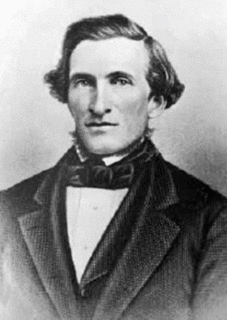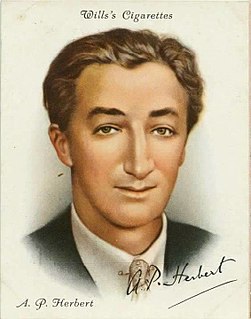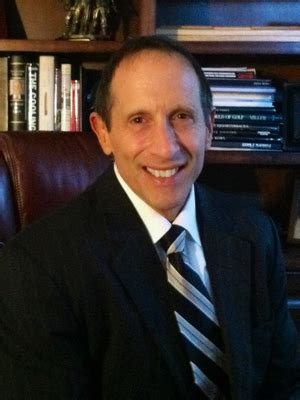A Quote by George Washington
Life is always uncertain, and common prudence dictates to every man the necessity of settling his temporal concerns, while it is in his power, and while the mind is calm and undisturbed.
Related Quotes
A man that advances in spiritual and in temporal matters at the same time, minding to keep the spiritual first, will not let the temporal lead him; he will not place his heart upon his farm, his horses, or any possession that he has. He will place his desires in heaven, and will anchor his hope in that eternal soil; and his temporal affairs will come up as he advances in the knowledge of God.
It is so rare to meet with a man outdoors who cherishes a worthy thought in his mind, which is independent of the labor of his hands. Behind every man's busy-ness there should be a level of undisturbed serenity and industry, as within the reef encircling a coral isle there is always an expanse of still water, where the depositions are going on which will finally raise it above the surface.
No true Latter-Day Saint, while physically or emotionally able will voluntarily shift the burden of his own or his family's well-being to someone else. So long as he can, under the inspiration of the Lord and with his own labors, he will supply himself and his family with the spiritual and temporal necessities of life.
No man, however enslaved to his appetites, or hurried by his passions, can, while he preserves his intellects unimpaired, please himself with promoting the corruption of others. He whose merit has enlarged his influence would surely wish to exert it for the benefit of mankind. Yet such will be the effect of his reputation, while he suffers himself to indulge in any favourite fault, that they who have no hope to reach his excellence will catch at his failings, and his virtues will be cited to justify the copiers of his vices.
To the enlightened man... whose consciousness embraces the universe, to him the universe becomes his 'body', while the physical body becomes the manifestation of the universal mind. His inner vision an expression of the highest reality, and his speech an expression of eternal truth and mantric power.
Common sense dictates that a trace gas needed for life on the planet would not be the cause for destroying life on the planet. Common sense dictates that what has happened before without man can happen again with man. Common sense would dictate that you not believe me, or any one else, but go look for YOURSELF.
While the body is young and fine, the soul blunders, but as the body grows old it attains its highest power. Again, every good soul uses mind; but no body can produce mind: for how should that which is without mind produce mind? Again, while the soul uses the body as an instrument, it is not in it; just as the engineer is not in his engines (although many engines move without being touched by any one).
































